
Upcoming Events › Film Screening
Events List Navigation
Lioness — Golda Meir and the Nation of Israel
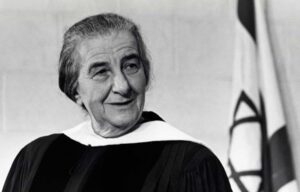
1 PM LOS ANGELES • 4 PM NEW YORK
Golda’s War Diaries explores the secrets revealed in newly declassified files concerning Prime Minister Golda Meir’s time in office, and particularly her handling of the Yom Kippur War. The result is an intimate portrait of a leader in crisis yet very much in charge.
Franceska Mann — Ballerina and Holocaust Hero

11 AM LOS ANGELES • 2 PM NEW YORK
Hannah Arendt and the Banality of Evil

1 PM LOS ANGELES • 4 PM NEW YORK
Operation Solomon — The Rescue of Ethiopia’s Jews

11 AM LOS ANGELES • 2 PM NEW YORK
Henrietta Szold — Founder of Hadassah and Youth Aliyah
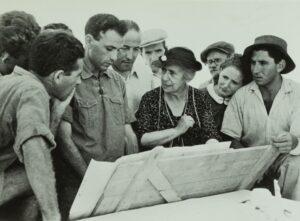
11 AM LOS ANGELES • 2 PM NEW YORK
Henrietta Szold is among the most influential American Jewish women who ever lived. She founded Hadassah in 1912, a Jewish women’s service organization, that inspired hundreds of thousands of Jewish women to invest their energies in a cause that transcended their own personal lives. She also helped organize Youth Aliyah, which successfully rescued thousands of Jewish children from Germany and Nazi-occupied Europe during the 1930s and transported them to Palestine. The new film, Labors of Love, tells her inspiring story.
Khaled — The Tunisian Schindler
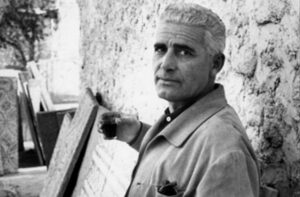
11 AM LOS ANGELES • 2 PM NEW YORK
Raoul Wallenberg Reconsidered
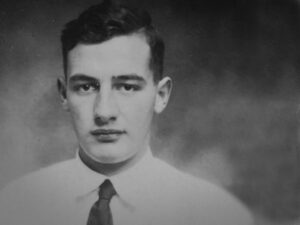
1 PM LOS ANGELES • 4 PM NEW YORK
Raoul Wallenberg: Missing Inaction tells the heroic story of Raoul Wallenberg, a Swedish diplomat responsible for saving thousands of Hungarian Jews from the Holocaust by issuing them Swedish protective documents, opening protected safe houses, and more. The big mystery of what happened to Wallenberg following his arrest in 1945 by the Soviet liberators of Hungary is at the center of the film.
The Rescue of Sigmund Freud
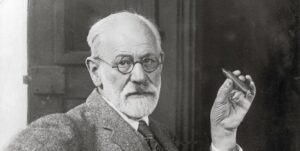
11 AM LOS ANGELES • 2 PM NEW YORK
The film Outsider. Freud. follows Sigmund Freud, the founder of psychoanalysis, from his earliest experiences with antisemitism, through his meteoric career, and ending with his escape after the Anschluss from Vienna to London, where he spent the final months of his life.



